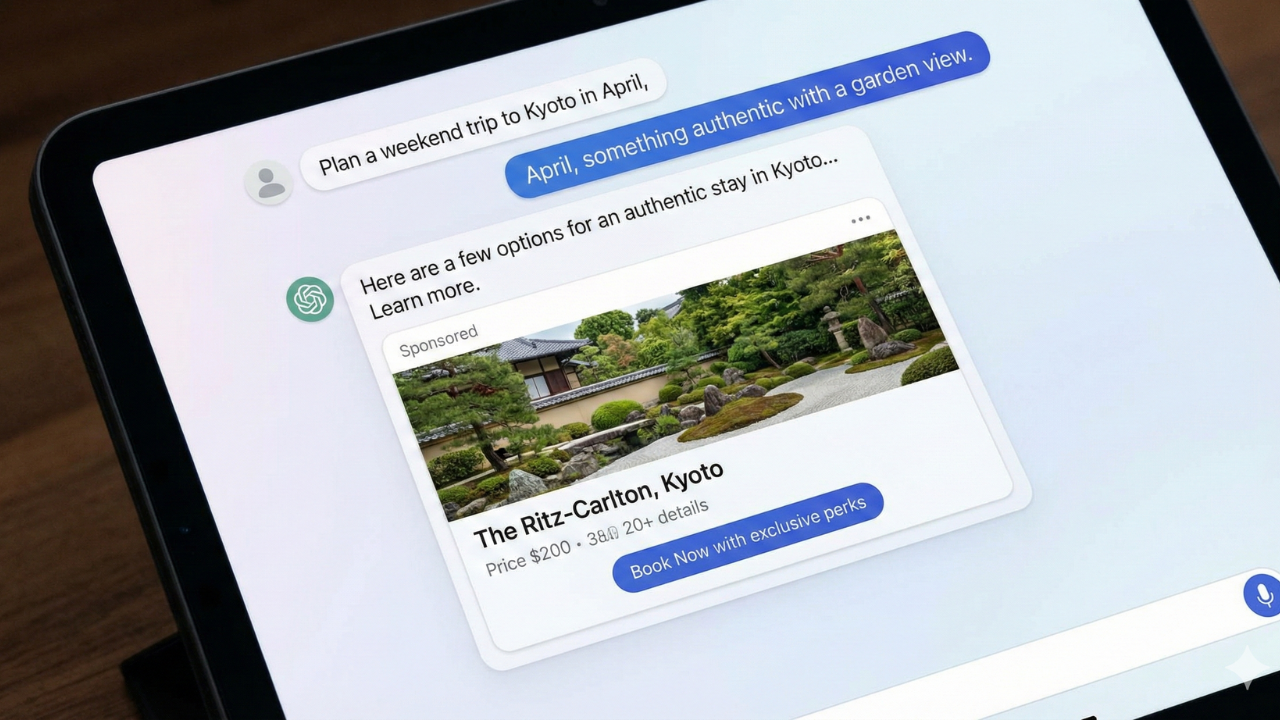
The beauty of search engine optimization is that it's always evolving. But that presents a lot of challenges for businesses, too. Just when you feel like you've got a handle on how to improve your search rankings, Google throws a curveball that changes everything. In theory, change is a good thing; it shows that Google is getting better at determining the value of websites and rewarding them accordingly. But if you're used to doing things a certain way, you may not be thrilled when the Powers That Be tell you that those methods no longer work.
But such is the nature of the beast that is the internet. If you want to improve your SEO, you also need to improve the techniques you use. Otherwise, you'll end up being left behind. With every new year, there are new SEO tips and trends to embrace. There are also techniques that should be left behind. This post will outline just some of those outdated methods that need to stay in 2018 where they belong.
Writing For Robots
In the past, SEO agencies may have been more focused on optimizing content for Google's crawlers. There's a pervasive idea in this industry that the only ones who are actually taking in information from various websites are non-human. But that's actually not true at all.
Google's robots do assess website quality, and that's not going to change any time soon. But when you write web copy only for these robots, you're ignoring a huge piece of the puzzle. Google takes human behavior into account quite a bit. So even if your search rankings initially improved due to optimization techniques that cater only to robots, the human factor could cause your rankings to tank.
For example, if the writing quality on your site is unnatural or confusing, human visitors are going to very quickly decide that your site is not worth visiting. That will cause them to hit the "back" button on their browser -- and your bounce rate to spike. While having a high bounce rate isn't actually reason to panic, it can cause Google to take a closer look at your site and re-evaluate your search rankings. If it's clear what you've posted isn't relevant or useful, your intent to influence Google's robots can backfire spectacularly.
In 2019, gear your site's writing towards human audiences. That doesn't mean you should completely ignore everything we know about optimization, but it does mean you have to look at the bigger picture. Instead of trying to influence a bunch of web crawlers, consider the fact that it's actually the human visitors you need to win over. If your site provides a subpar user experience, those human visitors won't ever become viable leads. Make sure your content provides some kind of value that's easy to ascertain. According to Backlinko, the average first-page result on Google contains 1,890 words, which means that longer, higher quality content matters much more than whatever technical SEO tricks you might insert to appeal to crawlers.
Paying For Links
Link building is still very much an important part of any successful SEO strategy. It's a great way to build up your authority on the web. But you have to be careful about how you obtain those links. Contrary to popular belief, not all links are created equal -- and paying for them can be downright harmful.
In the past, some websites would rely on what was referred to as "link farms" to obtain backlinks. These farms were basically websites that functioned as article directories. They had no real value to users; their only ambition was to link to numerous websites to spam Google's indexes and improve those websites' search rankings. Google has made it known for years that this practice would no longer prove effective and could hurt site rankings.
But that's not the only way people try to cheat the system. SEO experts have known for a while that backlink quality matters more than quantity. That may prompt some people to pay for links on websites that are already ranking highly in Google. It's an easy way for the reputable website to make some money, but it's an endorsement that Google sees as being dishonest. SEO is not a pay-for-play system, so the company doesn't look too kindly on organizations that try to skirt the rules and improve their search rankings by paying more.
The penalties for being caught buying for links can be quite steep. Google even banned Google Japan for buying links! Other major companies have suffered serious consequences after being caught paying for links. It's pretty easy for Google to spot when this technique is being used and ultimately it's not worth the risk.
Rather than pay for links, work on developing a more organic link building campaign. Create high-quality content that will appeal to website owners and devote time to forging relationships with other business owners. That way, your backlink profile will actually make a lot more sense for your business and won't appear out of place to Google.
Using Exact Matches
For a long time, the use of exact matches -- in domains, keywords, and anchor text -- was seen as the best SEO practice. They used to be considered a great way to rank on specific terms, but an algorithm update in 2012 changed that. Now, domains that utilize exact keyword matches are often seen as a bit spammy.
Exact match anchor text used to be a good idea too, but now Google's web crawlers see it as a bit of a red flag. It's actually considered to be over-optimizing, meaning that it comes off as unnatural. It's actually better to refrain from using exact match anchor text entirely.
Using this technique for certain keywords isn't necessarily bad, but it may not yield the same results as it once did. Earlier this fall, Google announced that exact keyword results would essentially be expanded to include variants of those terms. Synonyms or similar phrases would also be shown to give users more valuable results.
This update irked some business owners because it took away some of their keyword control. But it was helpful for other sites that would like to rank on more competitive keywords but had to settle for a less popular variation. In the end, you need to understand that Google wants to help internet users find the most relevant solutions for their search queries. That's actually the company's top priority. So if there's a way for them to deliver more pertinent results to allow audiences find what they're looking for, that's probably better for everyone.
Keyword research is still essential, of course. But instead of trying to cut corners by focusing too much on exact matches, try to think about your web visitors and what they actually need. Your anchor text doesn't have to be so highly optimized to fit specific keywords, nor do you have to buy a new web domain because your target keyword doesn't currently appear in your URL. There are other, better ways to optimize that are seen as more organic and useful.
Utilizing Intrusive Ads
Traditional pop-up ads may no longer be the bane of your existence, but there are still a lot of annoying elements that appear when we visit the average web page. There are auto-play videos, chatbots, and what are known as Intrusive Interstitial ads. They're basically the modern version of the pop-up ad and typically take over all or most of a given page. They show up without warning, ruin the user experience, and can be extremely difficult to close, particularly on mobile devices.
Google launched an update in 2017 that started issuing warnings to website owners about their ad usage. The company also said that using these kinds of ads could harm their search rankings in the future. That hasn't stopped businesses from using them, since they actually are an effective form of marketing. But they're a real problem for mobile users -- and since mobile web traffic is increasing, Google is taking steps to improve the user experience for those using those devices.
It's important to note that, at present, Google may only penalize the search rankings for sites that serve users these ads immediately upon arriving on the homepage. If your site uses them after the user has clicked through to another page or they pop up on a delay, you may not see much of a change in search rankings. Any pop-ups that legally need to be served to the user (cookie consent notifications or age verification blockers are good examples) are excluded from the update's rules.
Your current ads may not end up getting your site penalized, but if you're using them, you may want to assess how effective they really are. If they're disrupting the user experience and you aren't seeing a good return on them, you may want to consider other tactics that can actually improve the experience your website provides. You may also need to think about redesigning ads like these so that they take up only a very small portion of the screen.
Knowing which trends are still in fashion and which ones have fallen out of favor can be tough when updates happen so frequently. That's typically why it's a good idea to enlist help from qualified SEO companies. Their expertise will allow you to avoid the most outdated and deadliest practices while staying current (or even ahead of the curve).
Want To Level Up Your Travel Marketing?
Subscribe to the NavLog, our bi-weekly travel marketing roundup, where you’ll be the first to know about breaking news that impacts travel marketers and access exclusive performance marketing strategies and practical tips you can implement from the marketers at the leading edge of the travel industry.





.png)

